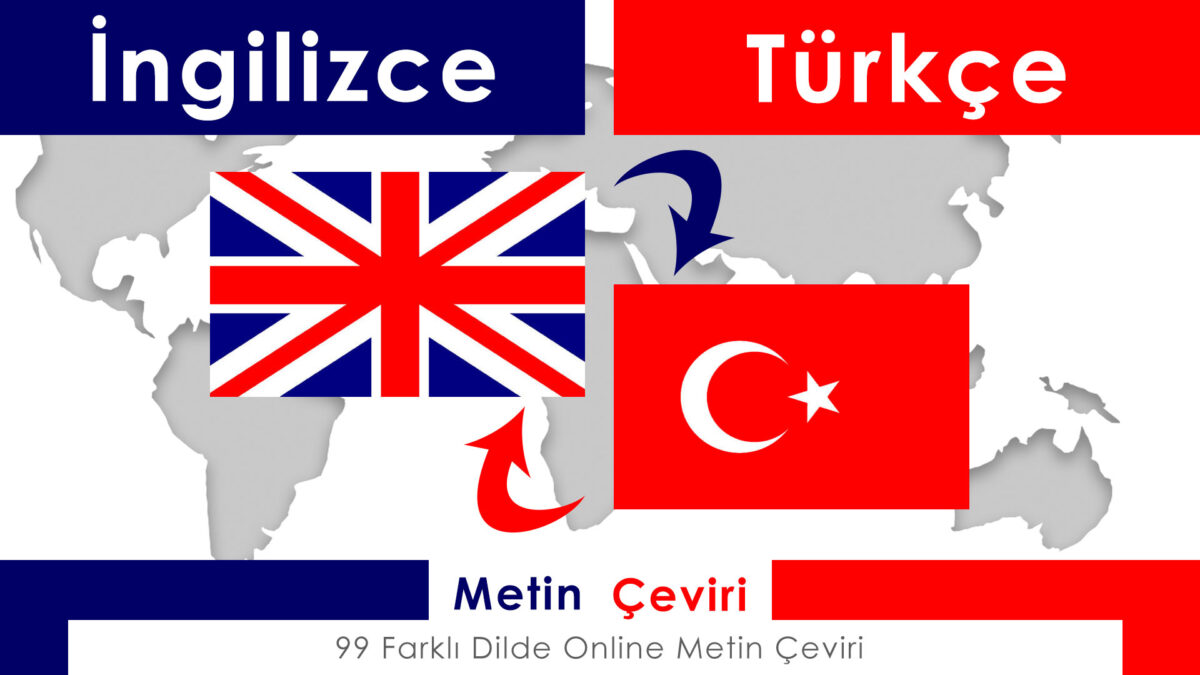| Migration to the UK, like that across the world (Fisher, 2014 ), has been taking place since the first century AD. Very early migrations and conquests (the Romans, events of 1066 and the Vikings) contributed greatly to what the UK has become today in terms of culture, language and customs (Henig, 2002, Hadley, 2006, Thomas, 2003). Hence, those with Celtic or Nordic heritage are not viewed as diverse or different anymore (there is much to be said about not identifying those long‐term communities as diverse, however it is beyond the scope of this paper). Later migrations, without doubt, had less of an impact on what has come to be broadly known as British and/or English culture. The spike in movement of peoples from one part of the world to another has always been marked in history as a time of high movement due to wars, displacement, poverty and more recently out of choice (especially migration by those from wealthy relatively war‐free nations in pursuit of high paying jobs), and globalisation (Greenhill, 2010, Fiddian‐Qasmiyeh et al., 2014). |
